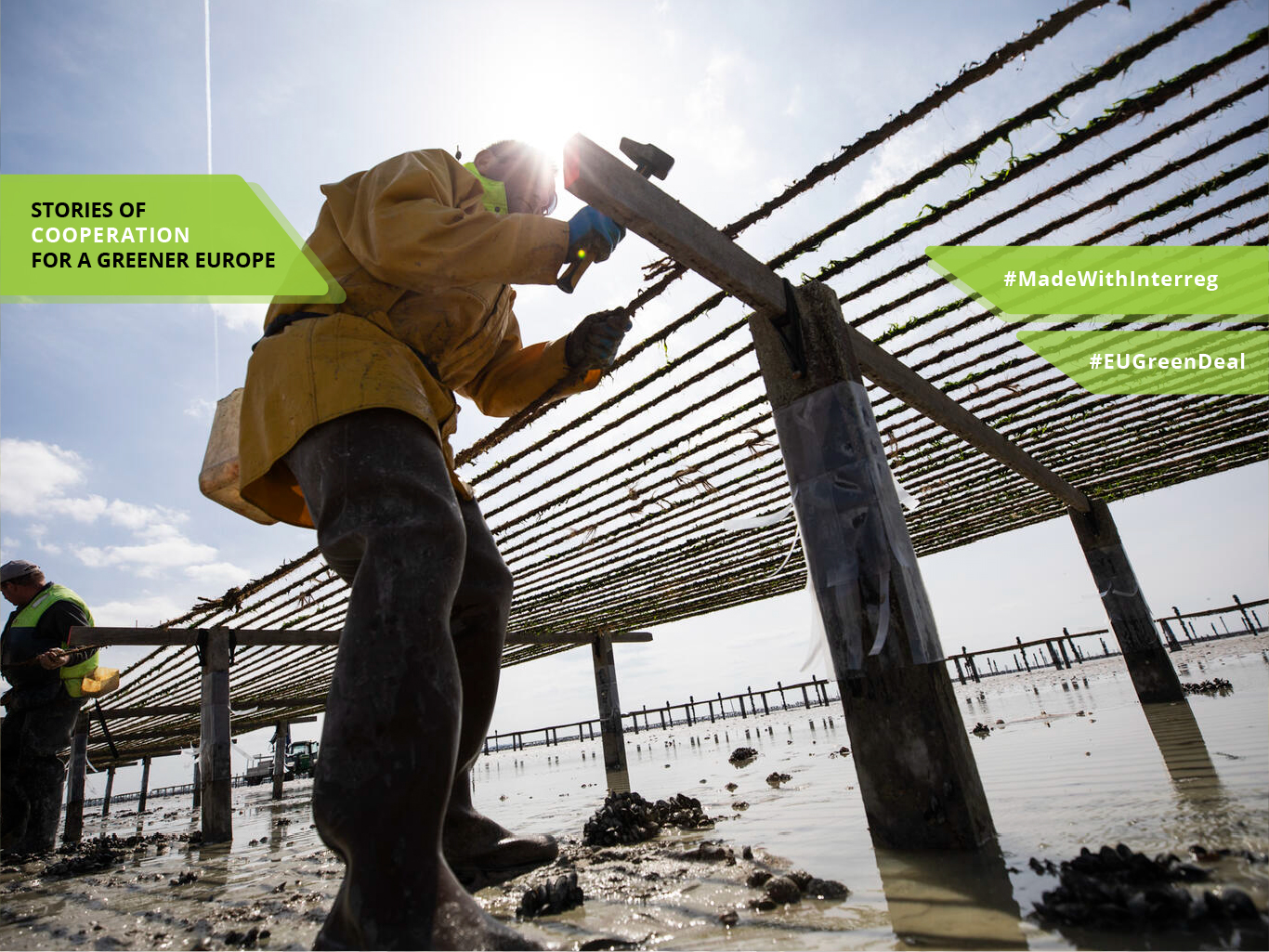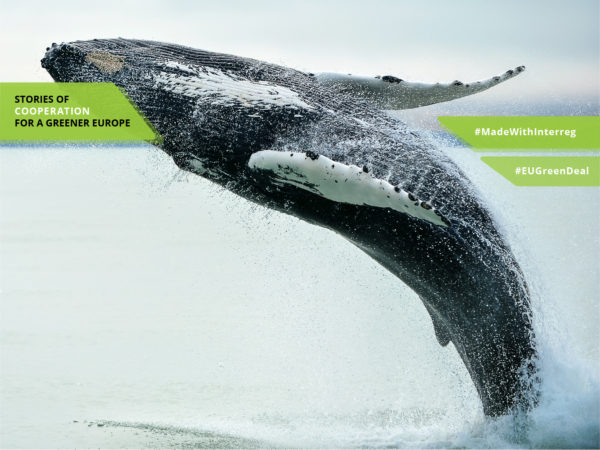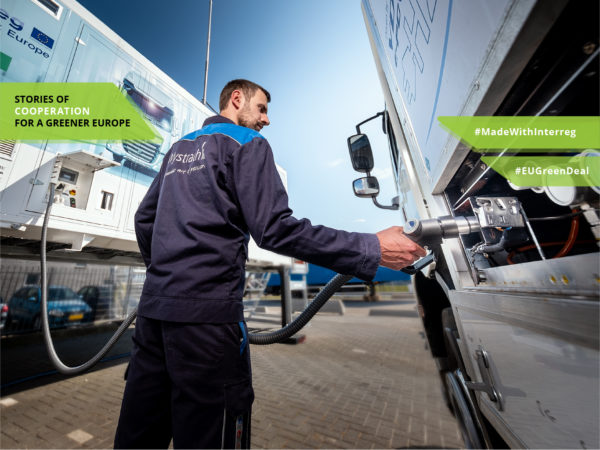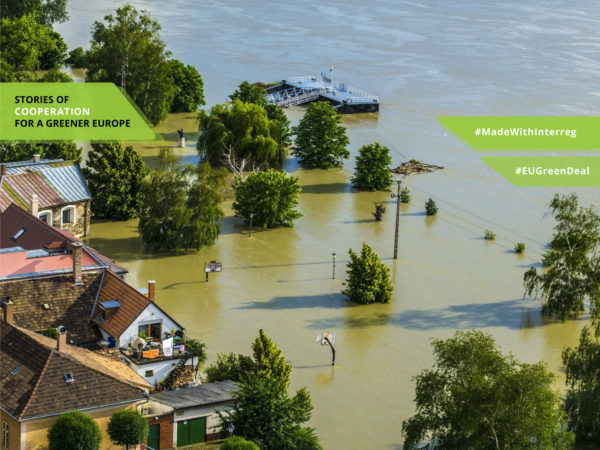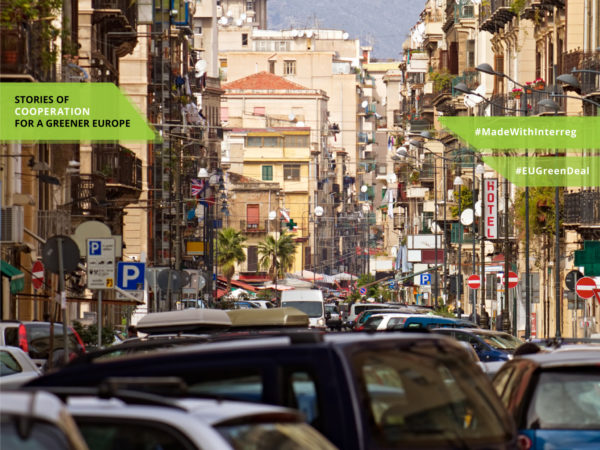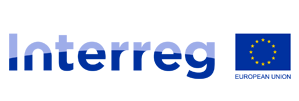Two oceans, one goal: you are what (and where) you eat
Sea and agrifood sectors are crucial to Europe’s economy: food related industries and services provide over 44 million jobs in the EU. See how Interreg pushes forward innovation and sustainability of food products from land and sea in two different European regions.
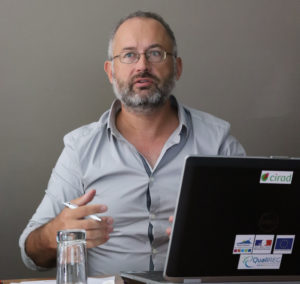
Vincent Porphyre is both a veterinarian and a researcher working for the CIRAD. He is also someone dedicated to agrifood, environment and consumer safety and very involved in scientific cooperation in the Indian Ocean since 2010. That year he became President of the QualiReg, a network that aims to qualify, improve and promote food products from the zone. He is also the Head of the Qualinnov project which is supported by the Interreg V Indian Ocean Programme since 2015.
Qualinnov nurtured knowledge around regional foods products (such as baobab fruits, honey, wild pepper or essential oils) to secure their quality: notably Qualinnov proposed a way of enhancing Comorian Ylang-Ylang essential oils. Cooperation between project leader CIRAD and Comorian research partners such as the University of Comoros gave birth to a new characterization method of Ylang-Ylang essential oils.
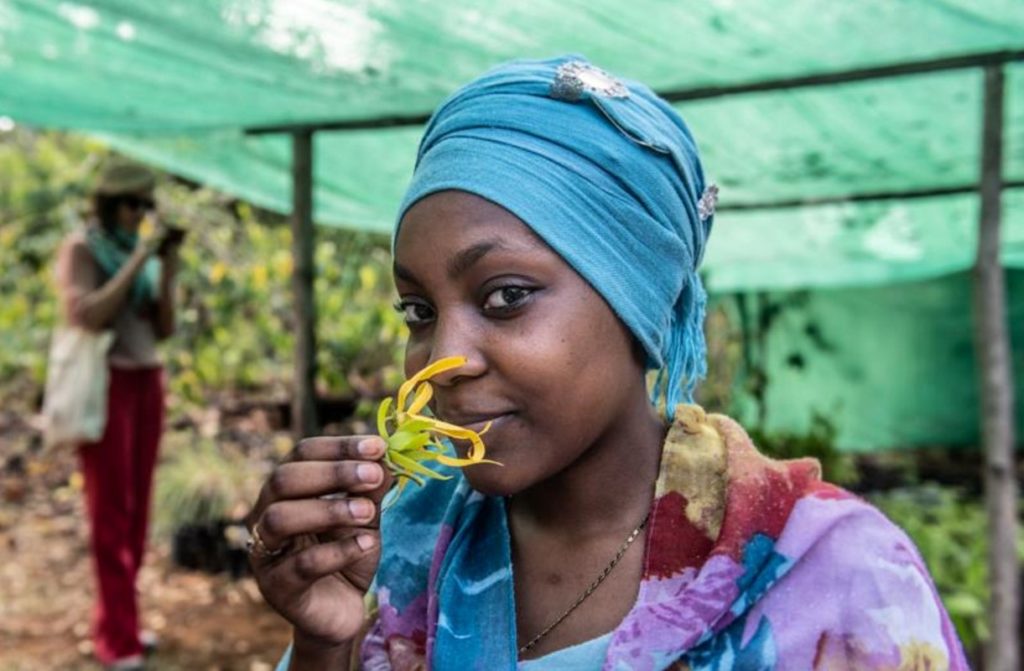
A method identifying specific qualities of pure Ylang-Ylang oil and detecting potential frauds. This allows quick detections, without damaging oils and can be used by Comorian Ylang-Ylang businesses to ensure product quality.
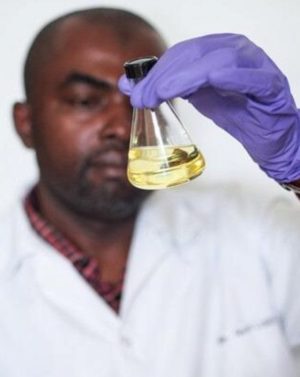
Qualinnov also planned several training programs and workshops in Madagascar, Comoros and Mauritius to help artisan partners promote their potential quality food products through labelling. Madagascar’s workshops showed that cocoa beans from the Sambirano region are fine products and could benefit from a strong labelling tool: Geographical Indications, which represents a guarantee of origin, protection and quality on global markets. Thus the CIRAD helps Malagasy cocoa producers obtain their Geographical Indications label.
Moreover, this project birthed an ambitious collaboration between laboratories of all Southern Indian Ocean Islands enabling food safety in the zone, by protecting local agrifood and animal products from mycotoxins (natural toxins that can contaminate food or agriculture products stocked in containers and can be toxic) and other food contaminants. Several workshops between all islands allowed skills and techniques exchanges on a matter (mycotoxins) that all laboratories had trouble to study and identify on their own. Together these labs have been able to study mycotoxins risks throughout the Southern Indian Ocean in depth, monitor situations in their respective countries and develop mycotoxin detection methods for rice, corn or coffee-based products, “We already have validated, moderated or invalidated multiple contamination rumours”, says Vincent Porphyre.
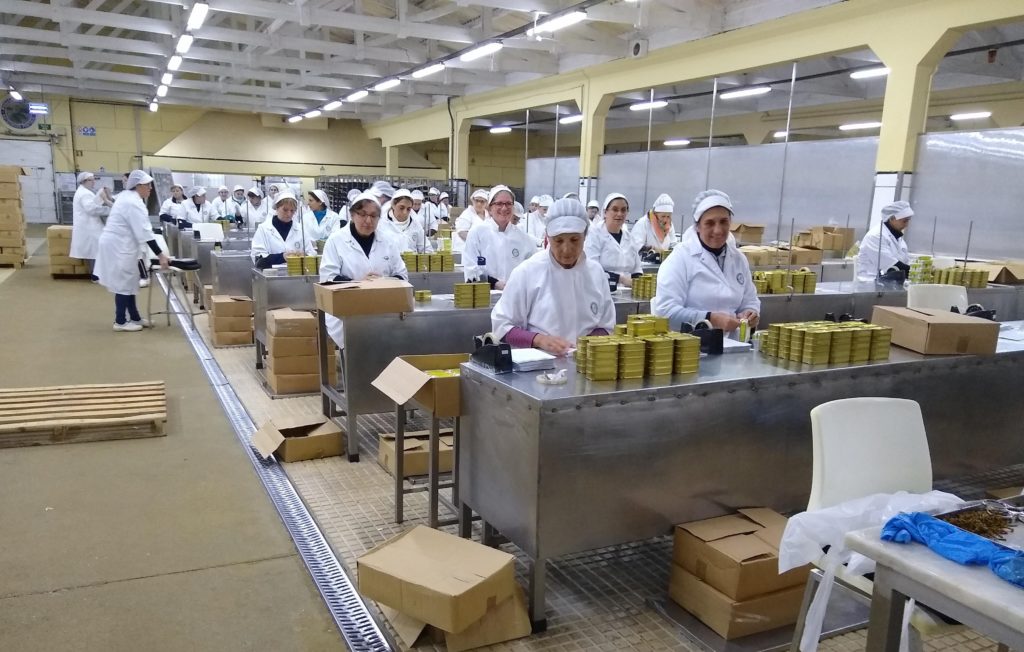
Building innovative and sustainable systems through cooperation
From one ocean to another, how is Interreg contributing to the innovation and blue growth of seafood sector in the Atlantic region?
The Atlantic countries have a strong stake in the growth of the seafood sector, both in terms of production and consumption. United Kingdom, France and Spain were ranked in the top five of the main EU aquaculture producers. Portugal has the highest level of consumption per capita in the EU, more than twice the EU average. More than 90% of European aquaculture businesses are SMEs, representing around 80 000 jobs.
The growing demand for aquaculture products, while balancing with sustainability goals and the preservation of natural heritage, require innovative solutions to respond to the different challenges and opportunities.
How do we plan to do this? By introducing more innovation and technology to the sector and making this transnationally, bringing the Atlantic Area regions together.
“There is a lot of potential around the seafood sector in the Atlantic regions, so we’re working to increase the competitiveness of this sector”, says José Manuel San Emeterio, from ERNACT, a digital transformation supporting organisation based in Ireland. “How do we plan to do this? By introducing more innovation and technology to the sector and making this transnationally, bringing the Atlantic Area regions together”.
Make technologies, services and business available to regions
Increase the technology adoption and collaboration within the seafood sector is at the core of SAFER project, giving response to the challenges of a sector identified as high-potential for the smart growth of the participant regions. With the support of Interreg Atlantic Area Programme since 2017 and led by ERNACT, nine partners from Ireland, France, Spain, Portugal and the UK join forces to improve the innovation performance of the aquaculture sector.
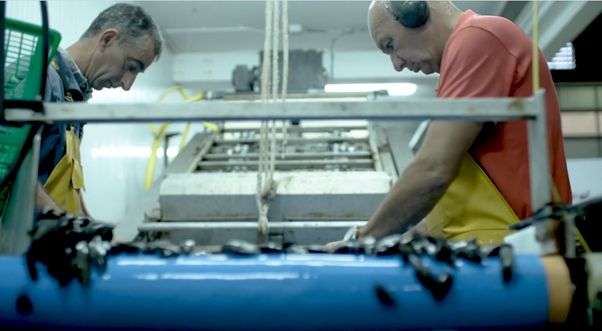
“We’re trying to transfer some innovation services from one country to another, working together and finding new ways to increase the competitiveness of the SMEs belonging to the sector”, says José Manuel San Emeterio. He explains that “the establishment of a Transnational Smart Atlantic Seafood Network is one of the main achievements of this partnership”. Initially formed by 5 nodes and supported by a digital platform, this network targeted over 60 seafood related organisations, to illustrate the benefits of the innovative technology and its potential to be replicated by seafood actors across the Atlantic Area and beyond. As a result, 5 living lab pilots have been implemented and 2 additional ones tested to be ready for implementation.
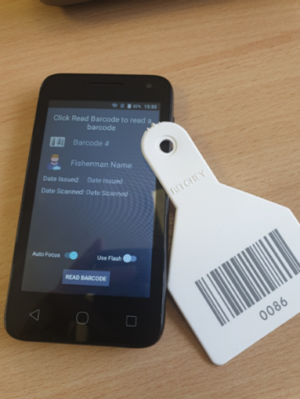
The exchange of knowledge carried out has enabled the recipient regions to import and locally provide the services to the sector. During this process, they receive the support of the exporting regions to guarantee a correct implementation.
Loughs Agency in Northern Ireland is one of the organisations that benefit from the results of this project. Sarah McLean shares her experience, “SAFER is helping us to better manage our resources. One of the pilot projects developed provides an app that allows Loughs Agency fishery officers to keep track of the environmental conditions within the ponds so things like temperature, chlorophyll and allow fishery officers to be able to remotely tell what’s going on so that we’re not having to go and visit the ponds every single day”.
The real need was to bring together institutions that were working by themselves and struggling to answer to agrifood enterprises’ needs.
Think global. Eat and Act local.
“The real need was to bring together institutions that were working by themselves and struggling to answer to agrifood enterprises’ needs”, says Vincent Porphyre. Those needs found an answer thanks to Qualinnov which built a scientific cooperation frame between Indian Ocean’s actors to improve, promote and protect Indian Ocean’s food products.
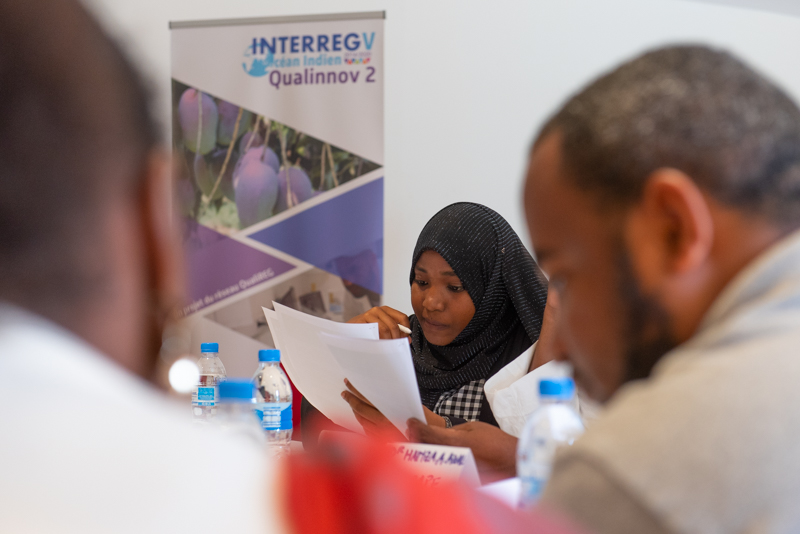
Better knowledge grants us a better protection of our regional wealth and identity.
For Jean Christophe Meile, head researcher on Qualinnov “This project establishes a groundwork for Southern Indian Ocean’s economic and environmental future: Better knowledge grants us a better protection of our regional wealth and identity”.
Thus, Qualinnov number one priority is to stimulate knowledge and innovation regarding agrifood products from the Indian Ocean while ensuring environment and consumer’s safety. “Qualinnov creates bound, leads to exploratory actions, grows more projects. Synergies between islands have been identified. We are extremely optimistic regarding the future and regional cooperation rendered possible through Interreg programme!”, says Vincent Porphyre.
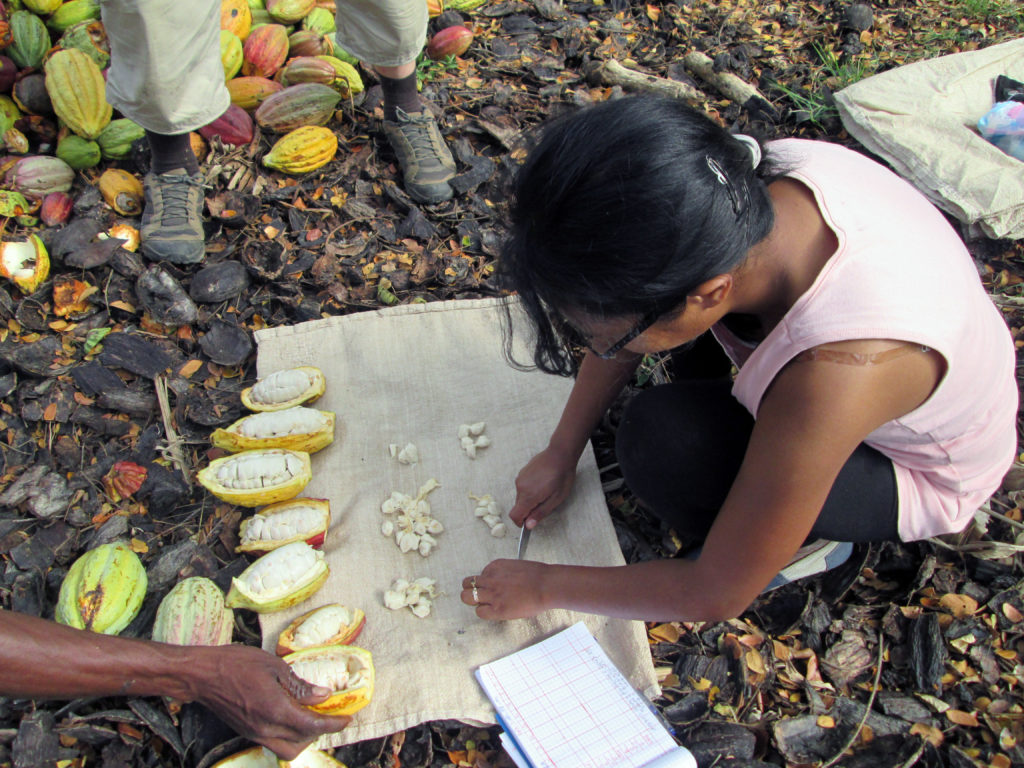
In the case of SAFER, this project is also producing recommendations for innovation strategies, in order to help and support other businesses and local actors with great potential for blue growth in the Atlantic. They plan to extend its model and services to other interested regions, helping the seafood sector to become more sustainable, resilient and competitive.
Overall what both SAFER and Qualinnov show is that regional cooperation regarding the development of seafood and agrifood industries’ networks induces benefits for all stakeholders.
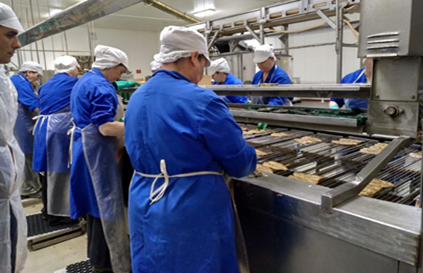
The transnational approach has been crucial to address challenges and opportunities that otherwise would have been impossible to be faced by a single region. The participant regions are having access to a range of technologies, innovation services and business opportunities not available or limited in their regional context.
The authors
Carla Guimarães works as a Communication Manager at the Interreg Atlantic Area Programme
Robin Rajaonarivelo works as an Interreg Communication Reporter at the Interreg Indian Ocean Programme
This article is part of a series on how transnational cooperation contributes to the EU Green Deal. Click here to see all stories.
